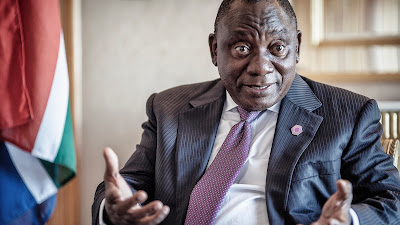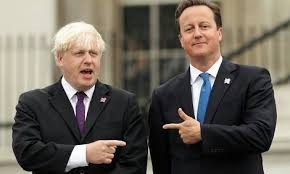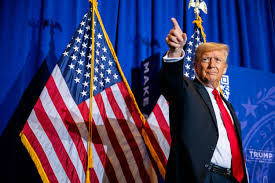The question arose whenever my articles were published on a particular website. I won't name the site, that's not my point.
I just didn't get many comments, and readers almost always rejected comments I made on other articles, often with abuse. I remember vividly one of the more polite objections to something I had written: 'You sound as if you think everyone should have the vote.'
As the penny slowly dropped, I made a serious attempt to use democracy as a test case, to talk it through with readers who all insisted they believed in free speech. I tried hard to get to the bottom of what they meant by 'democracy', what it included, and the way it worked. I never got answers, only dismissals of every answer I gave, every point I tried to discuss. In defeat, I fell back on Mark Twain's advice: 'Never argue with a fool; onlookers may not be able to tell the difference.' Eventually I gave up.
But whatever my stubborn friends may have done, I went on thinking. I came to see they were not fools, that what was foolish was to suppose they were. They were not, in fact, even 'wrong'. And finally I realised the difference between us wasn't just a difference of opinion, or different politics with the usual get out that they had a 'right' to their view and I a 'right' to mine. The difference was we were different people and we had a different moral outlook.
Obvious enough - but in taking that for granted, we know and forget. We tell others this 'stands to reason' and that is 'common sense', as if reason and common sense must come to the same conclusion. We accuse a partisan media of not being 'objective', party politicians of not telling 'the truth'. In a 'real' democracy bad things like that wouldn't happen, people wouldn't have other loyalties. In a 'real' democracy everyone would know what was sensible and do it.
Disbelieving them, we believe every word we say. Every problem has an easy solution, there's a Right and a Wrong always. It is the way we are.
This is no counsel of despair. It is the challenge.

















